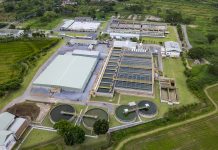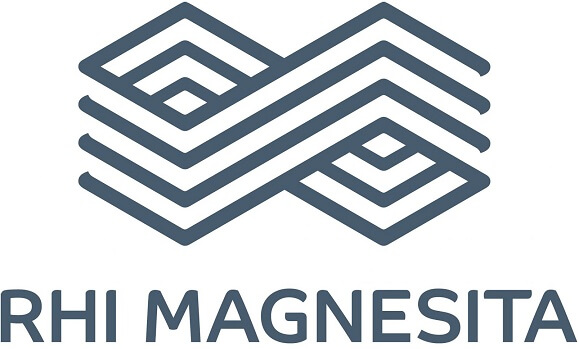RHI Magnesita, a known name in the manufacturing and supply of refractory products, systems, and solutions, has appealed to the government for strategic policy initiatives to diversify the sourcing of critical refractory grade minerals to ensure raw material supply security for the sustainable growth of the country.
The company has also requested policy measures to restrict the environmentally harmful landfilling of used refractories and to promote recycling, which in turn ensures the availability of secondary raw materials for the industry and contributes towards building a circular economy.
Parmod Sagar, Managing Director and CEO of RHI Magnesita India Ltd. said, “Refractory products and solutions are critical for production of steel, cement, glass, aluminium, energy and all such products that require high temperature manufacturing processes. India, purely for geological reasons, lacks domestic sources for critical raw materials like refractory grade Magnesite and Alumina. With very high import dependency, it is imperative to have a diversified sourcing network for supply security to ensure long term sustainability of the Make in India drive”.
India is a pioneer in recycling in the refractories sector due to its low reserves of raw materials. However, there is still enormous potential, as thousands of tonnes of used but valuable refractory material is thrown into landfills. Landfilling is not only extremely damaging to the environment, but it also results in the enormous waste of precious raw materials.
The company has asked for preventive policy measure on landfilling. This would protect the environment, level up the reuse of important raw materials and push recycling. The entire
industry – including the steel industry in India would improve CO2 footprint while ensuring further raw-material security through circular economy solutions.
As per the press release, the company has committed approximately 400 mEur (₹3,600 crore) of phased investment by FY 2026 to build and modernize its production capacity in India. Out of this, it has spent about 300 mEur in last two years in India for building local capacity. It now has more than 5,00,000 tons of local refractory production capacity in India.






























